It’s World Kindness Day :-*) applying kindness will make you happy and everyone else around you too <3
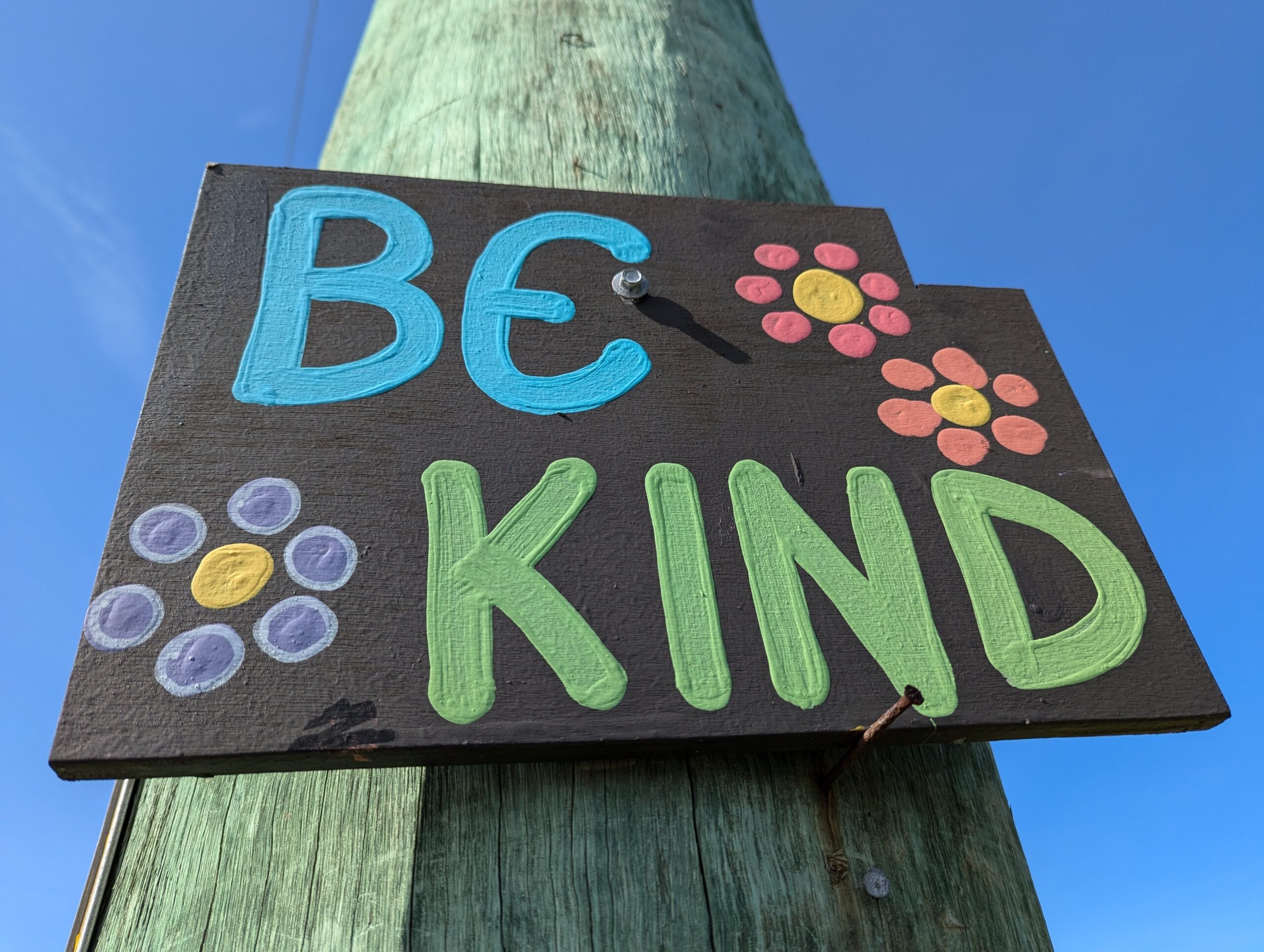
Reflect on contemporary transformations. See them in context. Understand the implications.
8 Sep 2020 – David Gräber: ‘To save the world, we’re going to have to stop working’
Writing as part of Jarvis Cocker’s Big Issue takeover before his untimely death in August 2020, David Gräber explains his confusion about why we’d destroy the planet if we don’t have to
“Our society is addicted to work. If there’s anything left and right both seem to agree on, it’s that jobs are good. Everyone should have a job. Work is our badge of moral citizenship. We seem to have convinced ourselves as a society that anyone who isn’t working harder than they would like to be working, at something they don’t enjoy, is a bad, unworthy person. As a result, work comes to absorb ever greater proportions of our energy and time.
Much of this work is entirely pointless. Whole industries (think telemarketers, corporate law, private equity) whole lines of work (middle management, brand strategists, high-level hospital or school administrators, editors of in-house corporate magazines) exist primarily to convince us there is some reason for their existence. Useless work crowds out useful (think of teachers and administrators overwhelmed with paperwork); it’s also almost invariably better compensated. As we’ve seen in lockdown, the more obviously your work benefits other people, the less they pay you.
The system makes no sense. It’s also destroying the planet. If we don’t break ourselves of this addiction quickly we will leave our children and grandchildren to face catastrophes on a scale which will make the current pandemic seem trivial.
If this isn’t obvious, the main reason is we’re constantly encouraged to look at social problems as if they were questions of personal morality. All this work, all the carbon we’re pouring into the atmosphere, must somehow be the result of our consumerism; therefore to stop eating meat or dream of flying off to beach vacations. But this is just wrong. It’s not our pleasures that are destroying the world. It’s our puritanism, our feeling that we have to suffer in order to deserve those pleasures. If we want to save the world, we’re going to have to stop working.
Seventy per cent of greenhouse gas emissions worldwide comes from infrastructure: energy, transport, construction. Most of the rest is produced by industry. Meanwhile 37 per cent of British workers feel if their jobs are entirely unnecessary; if they were to vanish tomorrow, the world would not be any the worse off. Simply do the maths. If those workers are right, we could massively reduce climate change just by eliminating bullshit jobs.
So that’s proposal one.
Proposal two: batshit construction. An enormous amount of building today is purely speculative: all over the world, governments collude with the financial sector to create glittering towers that are never occupied, empty office buildings, airports that are never used. Stop doing this. No one will miss them.
If we don’t break ourselves of this addiction quickly we will leave our children and grandchildren to face catastrophes on a scale which will make the current pandemic seem trivial.
Proposal three: planned obsolescence. One of the main reasons we have such high levels of industrial production is that we design everything to break, or to become outmoded and useless in a few years’ time. If you build an iPhone to break in three years you can sell five times as many than if you make it to last 15, but you also use five times the resources, and create five times the pollution. Manufacturers are perfectly capable of making phones (or stockings, or light bulbs) that wouldn’t break; in fact, they actually do – they’re called ‘military grade’. Force them to make military-grade products for everyone. We could cut down greenhouse gas production massively and improve our quality of life.
These three are just for starters. If you think about it, they’re really just common sense. Why destroy the world if you don’t have to?
If addressing them seems unrealistic, we might do well to think hard about what those realities are that seem to be forcing us, as a society, to behave in ways that are literally mad.”
Bullshit Jobs: The Rise of Pointless Work, and What We Can Do About It by David Gräber is out now (Penguin, £9.99)
Looking at how people behave around me, it feels like everyone is currently choosing their own control group – sick/non(never)sick, vacced/nonvacced, mingeling/nonmingeling, masked/nonmasked…
as no one can know what the future will reveal about all this, so everyone is making their own bet… risking (re-)infection over isolation(-in|sanity), risking long-term-impact over short term pleasure, choosing blissful or hapless ignorance over trying to navigate the flood of information coming in and changing every day…
I’m in the isolationist/vacced/nonsick/nonmingeling/masked control group… if that keeps me healthy but turns me into an irreparably anxious catweasel hermit, only time will tell… but if I can stay clear from this spread for another while longer I’m gladly following my introvert instincts and stay back…
why the leadership team at work is still calling in the crowds to (voluntarily) join large indoor events is unclear to me, but I guess this is one way to find out which control group will do better… but looking at past events and outcomes it seems that showing up no matter what improves your career, whereas more considerate steps aiming at prevention are a clear show stopper of your career…
so you can stay healthy or rise up the corporate ladder… if you are really lucky you can do both, but it involves more risk taking than I am prepared to accept… so here we are, and I am watching on from the sidelines, and keep comparing the groups… but whichever way this pans out, I have already had my share of sickness, disease and long-term impact in life, I am not keen on adding to that, even if it means I will earn less or have a less fancy title.
to be continued…
I concur
“In the end only three things will matter: How much you loved, how gently you lived, and how gracefully you let go of things not meant for you.”
[This post is a note to self] – Blockchains are a type of ledger. Coin “miners” make calculations and add messages to the blockchain over time. The messages are hashed to protect the ordering and contents of messages. These hash ledgers are (allegedly!) tamper-resistant as the contents of later entries depend on the contents of earlier entries.
The novelty (in comparison to conventional dbs) is that it is a distributed system with no owner. This is what enthusiasts mean when they say that the blockchain is trustless: instead of central authority, like a bank, many miners compete to successfully write a new message to the blockchain. They do this by means of a proof-of-work algorithm, each with their own copy of the ledger.
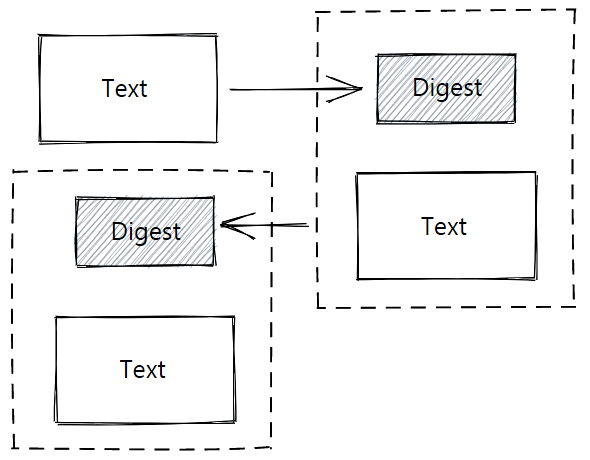
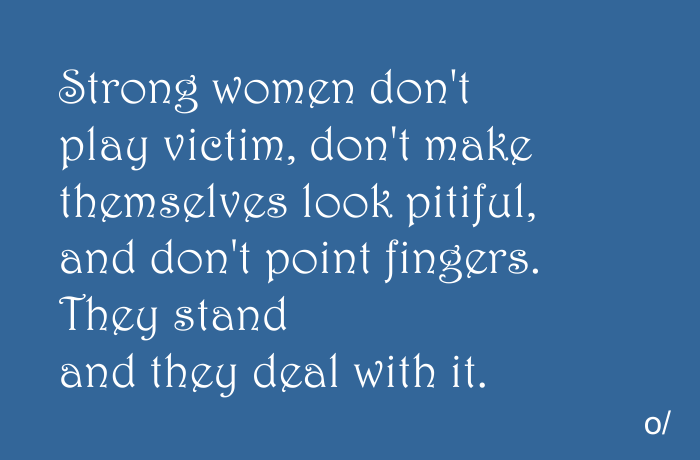
Digital ethics, safeguarding user and data dignity, is the very practice we don’t have enough of, the very concept that isn’t applied enough, the very standard that isn’t adhered to but instead sold out on.
Software and web development used to be a neutral space, but now it is where all the responsibilities lie. Grow up nerds, and look your own realities in the b/eye/te.
Whatever you collect and whatever you publish is also *your* responsibility.
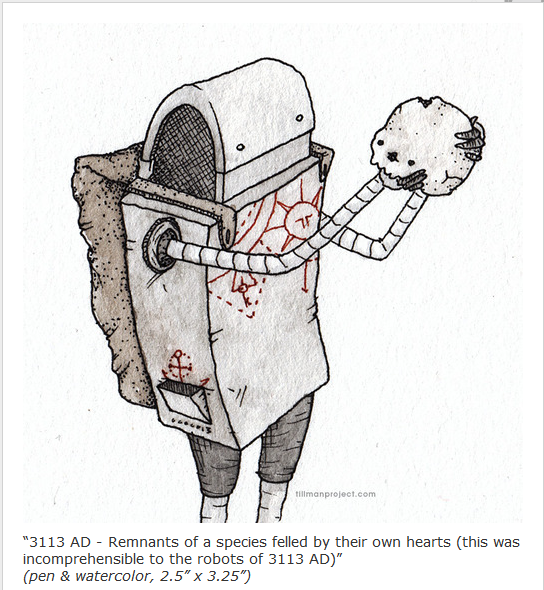
Related: Neveragain.tech – The Tech Pledge
Read more about design that exploits natural cognitive bias and other inclination that sits with UI & UX in this formidable mastery blog…
and more on design ethics: “The Social Dilemma reveals the dark side of persuasive design. So-called dark patterns run rife through social media apps; the previously-mentioned chat bubbles and the ‘pull to refresh feature’ (mirroring a slot machine) are just 2 examples.“
It always was, but now we’re beyond overdue. Keep protesting o/
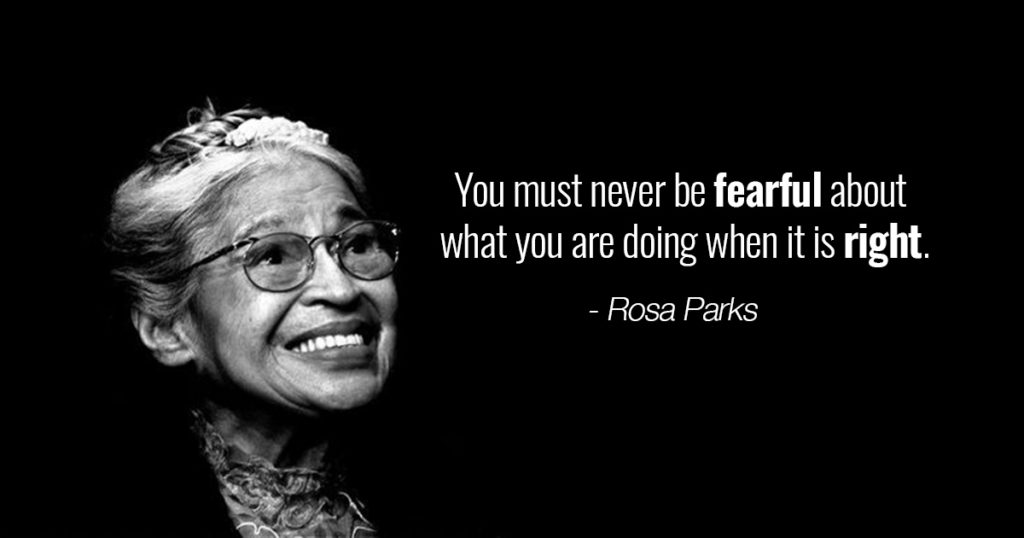
A sobering yet splendid write up of the current state of affairs
Meanjin.com.au/essays/unearthed by @cityoftongues
“We buy cheap clothes without letting ourselves think too much about the manner of their production, eat meat without thinking too much about where it comes from, catch planes without thinking too hard about the impact of them, or of the materials that went into building the plane, or the road, or of making the power that runs the lights. For those of us in the first world, any reckoning with these questions is likely to be particularly painful, demanding we learn to see the invisible legacies and ongoing trauma of colonialism and exploitation, dispossession and destruction that surround and enmesh us. Seen like this our resistance looks less like moral cupidity or wickedness than self-preservation. As T.S. Eliot recognised almost a century ago, there is only so much reality most of us can bear.
As a result we inhabit a weird duality, a world in which we know but do not know, and where these mechanisms of evasion and denial allow us to avoid staring into the eye of what is coming.
Five million Syrian refugees deranged Europe, a fraction of that has dramatically affected the dynamic of Australian society. What happens when tens of millions head north and south from Indonesia and equatorial or sub-Saharan Africa? When Central America or parts of India become uninhabitable? When Bangladesh and Myanmar flood? What happens when that occurs at the same time food grows scarce, water resources dry up and economic activity contracts to less than nothing as global commerce collapses?
When sea-level rise has swallowed the Sundarbans and made cities such as Kolkata, New York and Bangkok uninhabitable, when readers and museum-goers turn to the art and literature of our time, will they not look, first and most urgently, for traces and portents of the altered world of their inheritance? And when they fail to find them, what can they do other than to conclude that ours was a time when most forms of art and literature were drawn into the modes of concealment that prevented people from recognising the realities of their plight?”
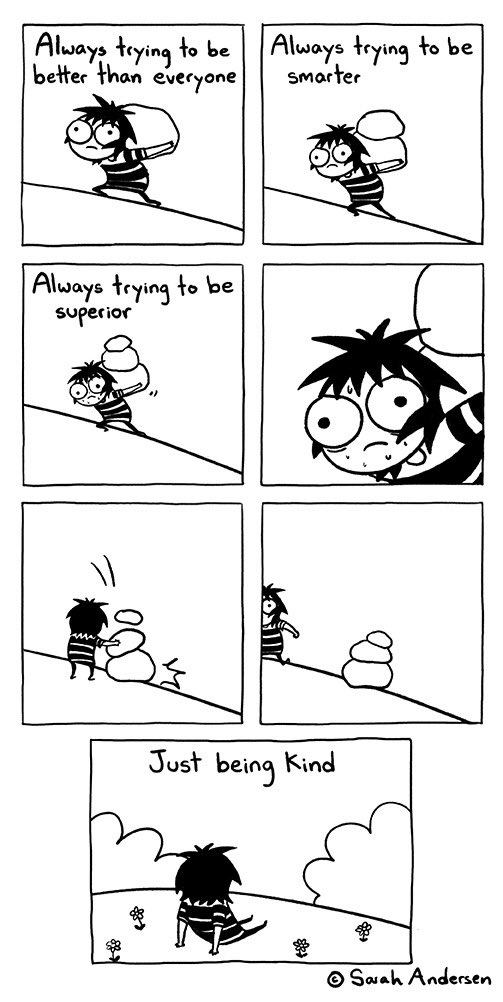
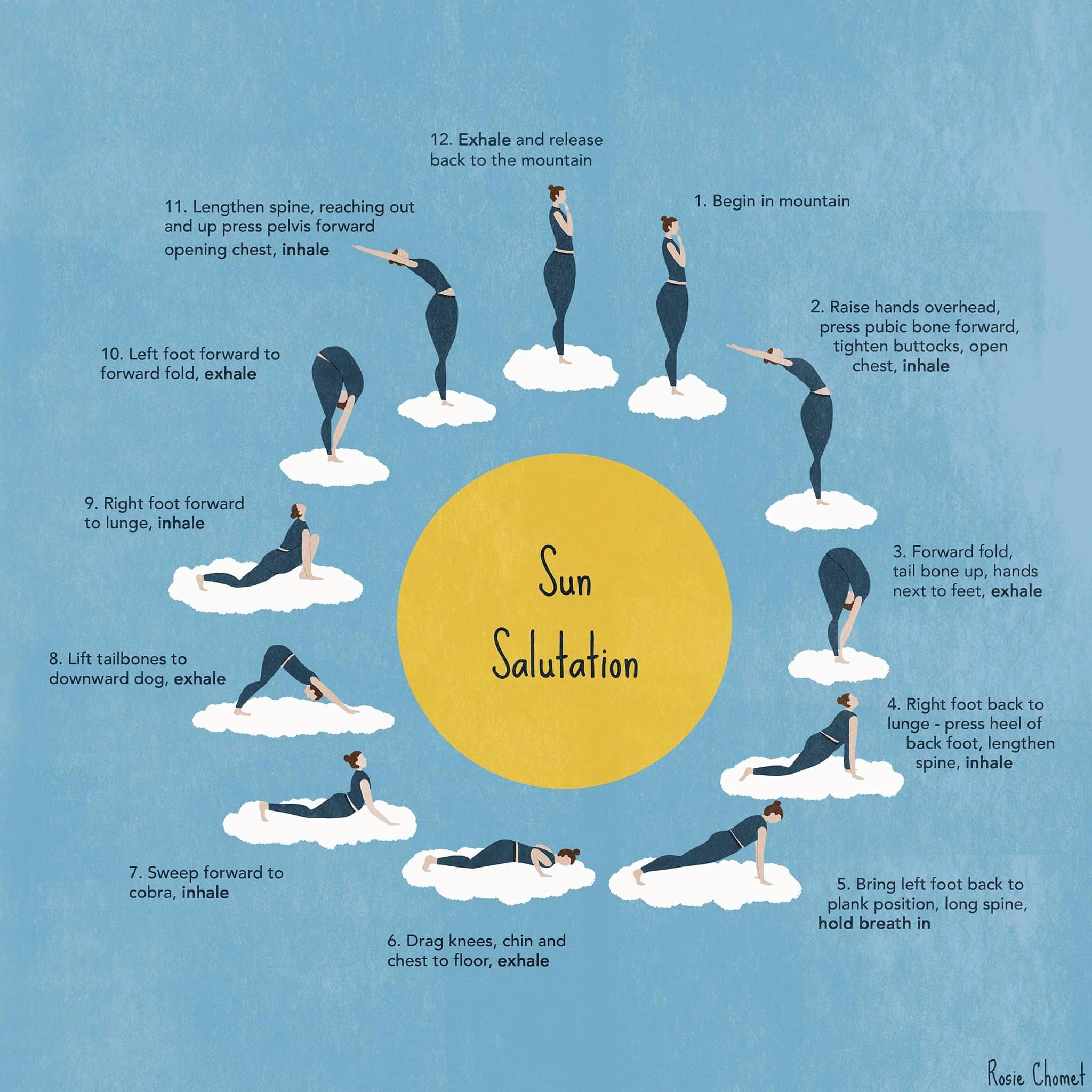
Starting in a new team tomorrow. All the panicky bells and whistles going, the familiar anxiety combo. But age & experience have their advantage in that it’s all not so overwhelming anymore. Instead the pressure’s rather distilling. Boiling the essence out of my ingredients. I have learnt that my main USP is persistence. I tend to not give up. I might not be as diplomatic or graceful as others, but I do make things work.
The thrust for that I get from a vast word-zoo in my head. Words are my shtick. In my mind, thoughts are roaming the wild like a bunch of liberated serengetians. For me, doing work and giving structure to a project is the side-noise that keeps me sane… and lets me ponder in the background.
Just bumping this, as it is truer than ever <3
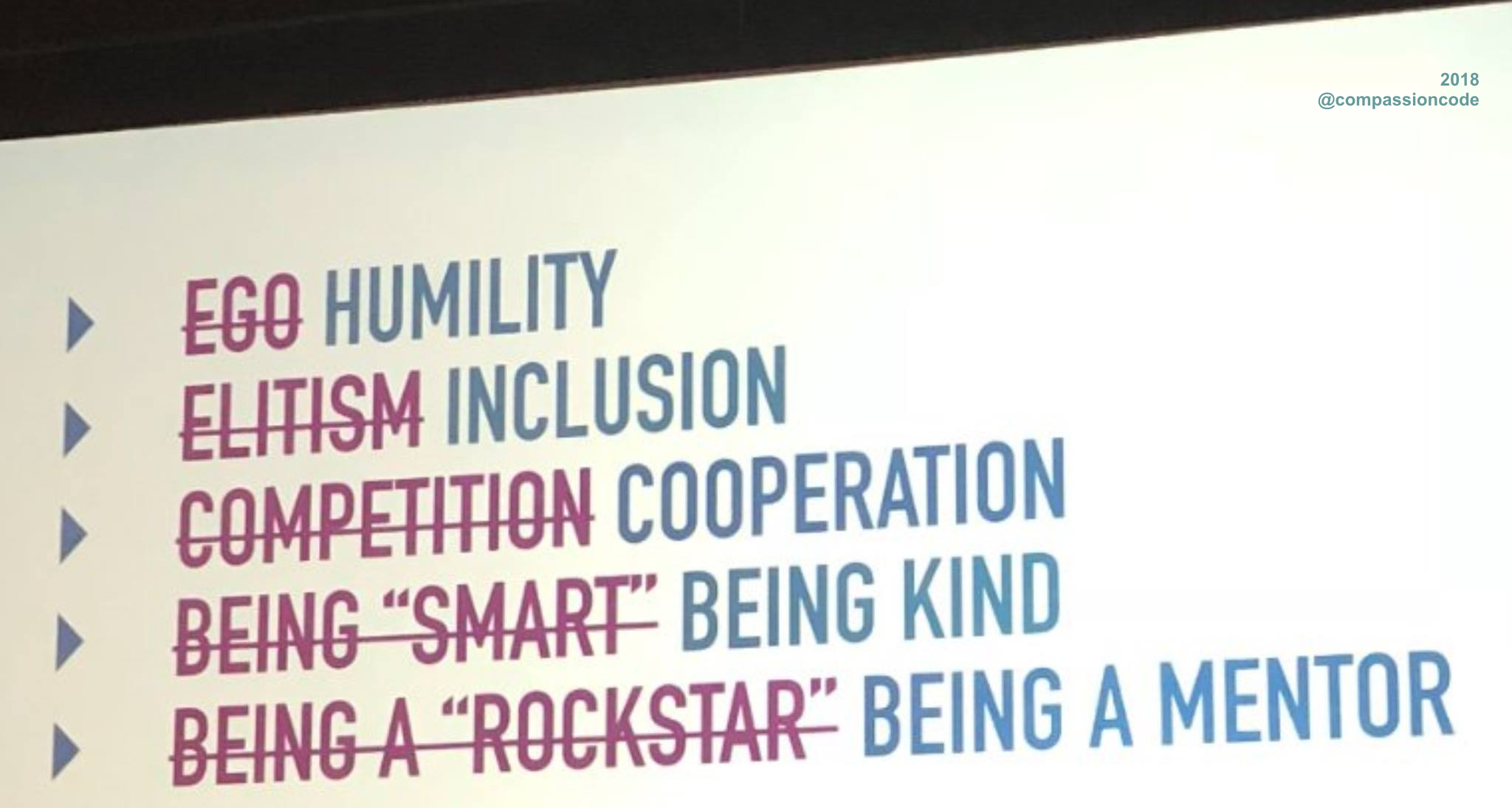
Brain science tells us there are three kinds of intuition: ordinary, expert, and strategic.
Ordinary intuition is just a feeling, a gut instinct.
Expert intuition is snap judgments, when you instantly recognize something familiar, the way a tennis pro knows where the ball will go from the arc and speed of the opponent’s racket.
Strategic intuition is a clear thought. It’s not a vague feeling, like ordinary intuition. And it’s not fast like expert intuition. It’s slow. That epiphany of insight you had last night might solve a problem that’s been on your mind for a month. And it doesn’t happen in familiar situations, like a tennis match. Strategic intuition works in new situations. That’s when you need it most.
This third kind of intuition is what I go by whenever I can. Strategic intuition is what guides the majority of my decision making. And while it is unpopular these days to request time for thinking, you have to take your stand and do it anyway, and allow for proper time to reflect. I have a 24 hrs ‘sleep it over’ rule.
Which compliments my other approach to life and everything, something that’s called the OODA loop (observe, orient, decide and act). This ‘rapid evaluation routine’ keeps running permanently on the back of my mind (or wherever my intuition-o-meter sits). Originally the OODA method was derived by pilots who apply the loop to make fast decisions and review them in a constant cognitive circle.
You have to swim fast when the water is cold…

Starting a new job on Monday. A reminder to self what matters…
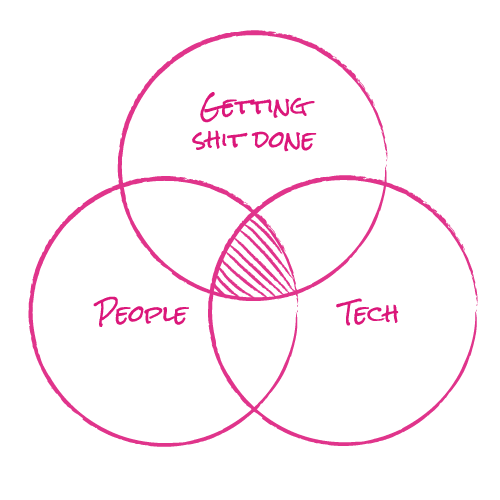
<3 
Reading about gaslighting made me realise how trauma inflicted early on in my life created the perfect storm. That combined with my partner’s inability to interact with the world truthfully simply accelerated my low self-esteem into the ground, to a degree where I thought I am actually losing my mind, cos everything is the opposite. Now, 10 years later, it turns out the problem is on his side, I was just a collateral to his ‘tweaking reality into whatever suits him’. He did not fuck up my mind intentionally, he foremostly fucked up his own mind. I just watched on and let myself get dragged in. Not all the time tho, the first few years I still tried to fight it, but totally exhausted myself, and then gave up. And I am not excusing him, or blaming me. This is really just a statement of realisation what had actually happened, how there was no malicious intent, but the consequential dangers of serious mental issues where ever so present, and are now fully impacting.
Now, after more than a decade of self-deceit, he got an alarming wake-up call, and currently has to come to terms with how he wasted a large portion of his life to a lie. His own lie. And the pain he caused, to himself and everyone around him (which interestingly was only me in the end). I am staying clear of the process, watching from the sidelines, protecting myself. I am also staying clear from the number one drug in this relationship: Hugs. Sinking into his arms, hearing the “all is well” lie – it was what made me stop believing in myself. So here I am, barren, re-assembling myself. I’ll report on the process. For more in-depth reflection on the topic here’s what Shea @sheaemmafett has to say:
Gaslighting is the attempt of one person to overwrite another person’s reality. There’s a good chance that you now know more about gaslighting than most therapists. And that is really unfortunate, because if you have experienced gaslighting, it’s going to be really hard to untangle it yourself. Unfortunately, you may have to, and I want to tell you that you are not alone. Let me share my experience. Here are 10 things I wish I’d known at the beginning. Let’s do this together.
1. Gaslighting doesn’t have to be deliberate
About the fifth time I called a close friend of mine on the phone, gasping for air, asking “Am I a monster?” he finally said, “Emma, he’s gaslighting you.”
What the hell is gaslighting? I thought. Wikipedia told me that it came from an old movie, where the main character makes changes in the environment and then insists to his victim that she is simply imagining these changes. Whaat? I thought. My partner is not doing that. I could not imagine him plotting and manipulating my environment or our interactions to make me feel crazy. He’s a human being who is hurt… who I keep hurting. It’s me, not him.
Unfortunately, the first definition I looked up was woefully inadequate. Gaslighting does not require deliberate plotting. Gaslighting only requires a belief that it is acceptable to overwrite another person’s reality. The rest just happens organically when a person who holds that belief feels threatened. We learn how to control and manipulate each other very naturally. The distinguishing feature between someone who gaslights and someone who doesn’t, is an internalized paradigm of ownership. And in my experience, identifying that paradigm is a lot easier than spotting the gaslighting.
Gaslighting tends to follow when intimidation is no longer acceptable. I believe that gaslighting is happening culturally and interpersonally on an unprecedented scale, and that this is the result of a societal framework where we pretend everyone is equal while trying simultaneously to preserve inequality. You can see it in the media constantly. For instance, every time an obvious hate crime is portrayed as an isolated case of mental illness, this is gaslighting. The media is saying to you, what you know to be true, is not true. Domestic violence wasn’t seen as a serious crime until the 1970s. So, did we, in the last 40 years, address the beliefs that cause domestic violence? No. But now if you beat your wife you’re usually considered to be a bad guy. So what do you do, with all the beliefs that would lead you to violence, if violence is no longer an acceptable option? You use manipulation, and you use gaslighting.
2. Manipulation and gaslighting are distinct behaviors
Maybe a better way to put this is that gaslighting is a type of manipulation, but not the only type. Manipulation usually centers around a direct or indirect threat that is made in order to influence another person’s behavior. Gaslighting uses threats as well, but has the goal of actually changing who someone is, not just their behavior. It’s important to recognize that gaslighting and garden variety manipulation are not the same. Both will degrade your self esteem, but gaslighting, when effective, will actually damage your trust in yourself and your experience of reality.
3. Gaslighting does not always involve anger or intimidation
The book The Gaslight Effect refers to a type of gaslighting called glamour gaslighting. This is where the gaslighter showers you with special attention, but never actually gives you what you need. They put you on a pedestal, but then they are not there, in fact they may get angry at you, when you need a shoulder to cry on. It becomes difficult, after a while, to identify why it is that you feel so alone and hollow. In another type of gaslighting, the gaslighter is always transformed into the victim. Whenever you bring up a problem, you find yourself apologizing by the end of the conversation. For me, these were the worst exchanges. Every gaslighter/gaslightee relationship is different, but for me, there was a very specific pattern. I would say something to him. He would have a very strong emotional reaction to it, far above what I would have anticipated. I would backtrack, to try figure out what I had said, and how to make it better. He would accuse me of inconsistency when I backtracked. I would try to explain that I was adjusting to try to communicate best with him, because clearly I was failing. He would tell me that my inconsistency implied that I was lying. I would say no, no, I know I’m not lying. Maybe, I just can’t remember it right. “It seems I can’t trust your memory,” he would say. We would never return to the original issue. I usually ended up crying hysterically.
4. It is normal to not be able to remember what happened
This, more than anything, is something I wish I had known. It was a secret I kept, that fed my self doubt and guilt for years after I left. I used to black out. I remember conversations, where I would start standing in the kitchen, and end up in a ball on the floor. Just days after it happened, I would not be able to remember what happened in the time in between. I would not even be able to remember what the conversation was about. My abuser accused me of abuse while I was with him, and then publicly for years after. It’s one of the reasons I left because I could not figure out what I was doing or how to fix it, and I could not bear the thought that I might be abusive to someone. I have ripped my memories apart, trying to figure what it was that he experienced. What it was that I did. And I have found some things in me that needed to change, as all people who look deeply at their abusive tendencies will find. But I could not, in my own memory, find what it was that he saw in me. I could not find the narcissist. I could not find the vicious manipulator. I could not find the home wrecker. But I had black spots in my memory. Completely black. And I wondered “Is that when it happened? Is that when I abused him?” Losing spots in your memory makes it very plausible when someone tells you that they cannot trust your memory. It makes it very plausible when they tell you that you are abusive. But, it is normal to lose your memory when you are being gaslighted. In fact, it is one of the signs that you should look for. It’s a good sign that it’s time to leave.
5. There are distinct stages, and these stages can progress after the relationship is over
A gaslighter does not simply need to be right. He or she also needs for you to believe that they are right.
In stage 1, you know that they are being ridiculous, but you argue anyways. You argue for hours, without resolution. You argue over things that shouldn’t be up for debate your feelings, your opinions, your experience of the world. You argue because you need to be right, you need to be understood, or you need to get their approval. In stage 1, you still believe yourself, but you also unwittingly put that belief up for debate.
In stage 2, you consider your gaslighter’s point of view first and try desperately to get them to see your point of view as well. You continue to engage because you are afraid of what their perspective of you says about you. Winning the argument now has one objective: proving that you are still good, kind, and worthwhile.
In stage 3, when you are hurt, you first ask “what’s wrong with me?” You consider their point of view as normal. You start to lose your ability to make your own judgements. You become consumed with understanding them and seeing their perspective. You live with and obsess over every criticism, trying to solve it.
Looking back, I see that I was deep in stage 2 when I left the relationship. However, I continued to try to have a friendship with him for months after. I longed for resolution, understanding and forgiveness. And when I finally went no contact, instead of healing, I actually moved into stage 3. I did not understand, nor did I know how to solve the gaslighting that I continued to do to myself after the relationship was over. And if I could go back and give myself, or really anyone who even suspects they have been in a gaslighting relationship, one piece of advice, it’s to go no contact immediately for at least a year. It’s really really hard. It’s hard because it may still feel like that understanding and resolution is right around the corner. It is hard to let go of that. But you don’t have to yet, just commit to a year. Anyone who is not abusive will not punish you for the space you need to heal. And when I say no contact, I mean complete no contact. I mean distance yourself from mutual friends. Block your gaslighter on social media. Ask your friends to not give you any new information about them unless it directly pertains to your safety. Fuck anyone who says you are being unreasonable. You need this to heal, and you need the space to learn how to stop gaslighting yourself.
6. There are distinct traits that make you more susceptible to gaslighting, but they can also be superpowers
There are three tendencies that will pull you into a gaslighting exchange. These tendencies are the need to be right, the need to be understood and the need for approval. Additionally, certain traits, such as being empathic, being a caretaker, needing to see your partner in a positive light, and being a “people pleaser,” will make you more susceptible.
But, I would strongly urge you to not go in and try to crush these wonderful things about you. You care strongly about your ideas, and about other people. You want to understand and be understood. You care about your effect on other people, and you’re willing to change to accommodate the people around you. And ironically, your gaslighter probably told you that you were selfish and cruel and oblivious. And then perhaps your therapist told you that you need to stop caring so much because it draws you into abuse. What to do?
Empathy is important. It’s important for all of us. It makes me angry when people tell me that my empathy is a weakness. My empathy is a superpower. My desire and ability to empathize kept me locked into a cycle of abuse, yes. But my desire to empathize was not the problem. The problem was that I did not realize that sometimes empathy is not the right approach. Sometimes the right approach is to not engage and instead to make space. Make space for yourself and your gaslighter by setting boundaries. Make so much space for your abuser that they can no longer effect you. If they are right about you, it’s the best thing you can do for them. If they are wrong about you, it’s the best thing you can do for you. For me, it was the only option.
The ability to hear criticism and then to change yourself for the better based on that feedback is also a fucking superpower. Don’t let anyone tell you otherwise. My problem was not my willingness to change, but my willingness to change for the wrong reasons. Change should make you bigger, it should increase your tank of self love, it should make you stronger, clearer, more directed, more differentiated, and more compassionate. The pain of growth is different than the pain of destruction. One will fill you with love and pride, even when it is hard, and the other will fill you with shame and fear. No one should use shame or fear to try to get you to change. When they do this they are not asking for change, they are asking for control.
7. You know what your truth is. You always have. You always will.
Your gaslighter does not see you. You are a shadow standing to the side, trying not to attract attention, while he showers his image of you with love and attention. And no matter how much your mind is in knots, you know this to be true. You know the space you occupy, even if you hate yourself for it. If you look back, if you look inside, you will see that you always knew that something was wrong. It may feel like you lost your core. But it was always there. The alarm system always worked, you just learned to stop listening to it. You have not lost as much as you think.
8. The end game is not confrontation, it’s non-engagement
A really common trope I see in movies and literature, is the abuse victim who confronts their abuser. They confront them years later, and in that moment show themselves and their abuser that they don’t have to be afraid anymore.
I crave that catharsis, because I am afraid. But I can never address that fear through confrontation. I can only address it by confidence in my ability to set and enforce my own boundaries.
When you engage in any way, you tell your gaslighter and yourself that your reality is up for debate. Your reality is not up for debate. If you are like me, you have had a million conversations in your head, and it’s those conversations that are killing you. Your reality is not up for debate. You do not have to rehearse for a conversation that you will never have.
It is ridiculous when someone tries to tell you who you are, what you feel, what you think, what you intended, or what you experienced. When it happens, you should be angry, puzzled, or maybe even concerned for them. You might stop, stunned, and ask “what would make you think that you could know what’s inside of me? Are you OK?” Instead, many of us will find ourselves trying to reach understanding. No, that’s not what happened, that’s not what I felt, that’s not what I feel! And this is a reasonable response, to a point. But if the goal of the conversation is to exchange power, and not to exchange understanding, you will never ever ever win.
I would like to propose that the best solution to make you less susceptible to gaslighting, is to learn how to identify the objective of a conversation. A conversation with the purpose of mutuality should not make you feel afraid, ashamed, disoriented or confused. You do not have to figure out what it is they are doing, you only have to figure out what you are feeling. You only have to know when mutuality is no longer the objective, and learn how to stop engaging when that happens.
Try this:
“We will have to agree to disagree”
“I don’t like how I feel right now, and I want to finish this conversation later (or never)”
“What?”
“You’re trying to tell me what my experience is and I’m not OK with that.”
“Do not contact me again”
Communicate, communicate, communicate, right? You can solve anything with enough communication. It’s the poly mantra, and it’s wrong. You can solve a lot of things with communication, so long as the objective of both people is understanding. But the minute someone tries to replace your experience, it’s time to stop communicating, at least on that subject.
9. You must confront the threat. You must be able to leave, even if you don’t.
Every gaslighting exchange exists under the shroud of some kind of threat. For my relationship, the threat started out as disapproval, then it was the relationship that was threatened, and eventually the threat escalated to his own life. I had no ability to confront or resist the gaslighting until one by one, I confronted the fears that these threats produced in me. I grieved. I spent a week in bed and cried over everything I had poured into the relationship. One by one I tried to internally break my attachments to the things that made me feel trapped. I cried over the immense shame I felt and tried to build the strength to be able to hold it. First I grieved the family that I wanted so much to be a part of. Then I grieved my relationship with him. Finally, I questioned whether it was right for him to make me responsible for his life. It was not easy. And it was another six months before the relationship ended. But when I realized that I didn’t want to be in the relationship anymore, I had already internally confronted the threats that were waiting for me, and as one by one they came out in full force I was able to put one foot in front of the other and walk out the door.
10. Gaslighting may be amplified in families, poly relationships, and other groups
It is hard to stand firm when one person is trying to replace your experience, but when they have a chorus of supporters, it is nearly impossible. There is a reason why cult abuse can lead to a complete breakdown of someone’s personality. Group manipulation and abuse is devastatingly effective. I cannot easily explain the level of shame and fear that a group you are deeply invested in can produce with a coordinated attack. We need to be very careful of this in poly groups so we do not exploit this power or unwittingly enable abuse.
I know there is a lot of shame tied up in ending a relationship, and no one wants to be the bad guy. But we all owe it to each other to not participate in relationships where anyone’s self esteem is being degraded. It doesn’t matter whose fault it is, and it doesn’t matter whether or not it is fair. There are bigger things at stake here. Let’s not punish each other for doing the things we need to do to be healthy.
From the Ethics Centre: A quick review of the topic of Universal Basic Income (UBI) – the idea of a regular and liveable payment with no strings attached – no exchange of labour or goods.
The idea of a UBI has deep historical roots. In Thomas More’s Utopia, published in 1516, he writes that instead of punishing a poor person who steals bread, “it would be far more to the point to provide everyone with some means of livelihood, so that nobody’s under the frightful necessity of becoming, first a thief, and then a corpse”.
Over three hundred years later, John Stuart Mill also supported the concept in Principles of Political Economy, arguing that “a certain minimum [income] assigned for subsistence of every member of the community, whether capable of labour or not” would give the poor an opportunity to lift themselves out of poverty.
In the 20th century, the UBI gained support from a diverse array of thinkers for very different reasons. Martin Luther King, for instance, saw a guaranteed payment as a way to uphold human rights in the face of poverty, while Milton Friedman understood it as a viable economic alternative to state welfare.
Read the answer here: Ethics.org.au/on-ethics/blog/may-2018/ethics-explainer-universal-basic-income
Reading about human relationships, and the essence required to push through. According to psychological research, the greatest emotional need is security. Yet, trying to live in alignment with your goals and values often conflicts with the complexities of reality.
Wanting approval is a normal thing, but needing approval is very different. A need for approval leads to working on projects one is not excited about. Leads to eating unhealthy foods one doesn’t want to eat. Leads to ruminating and obsessing about problems and regrets one could easily remove or fix. A quest for perfectionism actually creates procrastination. Perfectionism is about an unhealthy need for approval. It’s about a fear of failure and looking incompetent. It’s the opposite of courage. And it’s the opposite of mastery.
Jody Williamson and Stephen Covey say “an abundance mentality springs from internal security, not from external rankings, comparisons, opinions, possessions, or associations.You must believe you are independently wealthy, and that you don’t NEED a particular prospect. When you truly believe and know you are fine and secure without THIS relationship or THIS opportunity, then you can act honestly and genuinely.”
I am in the process of establishing just that. Independence, and inner wealth. Freedom, from the need of approval.
I so hope I have don’t cut all ties to achieve this.
Wish me luck.
Declarative vs Procedural
– Declarative learning is acquiring information that one can speak about. The capital of a state is a declarative piece of information, while knowing how to ride a bike is not. Episodic memory and semantic memory are a further division of declarative information.
There are two ways to learn a telephone number: memorise it using your declarative memory, or use it many times to create a habit. Habit learning is called procedural memory
Declarative memory uses your medial temporal lobe and enables you to recall the telephone number at will. Procedural memory activates the telephone number only when you are at the telephone, and uses your right-hemisphere’s skill, pattern recognition.
Research indicates declarative and habit memory compete with each other during distraction. When in doubt, the brain chooses habit memory because it is automatic. –
That is what my brain currently does: It runs on autopilot to deal with tasks at work. The burnout does not allow for constructive creativity and forward thinking. The lack of love only allows for getting through the day on autopilot.